Watoto Church has won a unanimous decision from the Constitutional Court to dismiss a petition challenging the church’s wedding rules, including presenting current HIV-negative test results to be allowed to wed. The court ruled that the petitioner had the option of the wedding from other churches if he did not want to comply with Watoto Church’s rules.
The justices held that the church had the right to make guidelines necessary to achieve its objectives and that it did not violate any rights. The court observed that the petitioner had the option of getting married under other constitutionally recognized forms, such as civil, Hindu, Islam, or customary.
In June 2018, Mr Michael Aboneka sued the Born-Again church, saying he was stranded after the church imposed what he considered stringent conditions before he could tie the knot with his bride on October 27 of the same year. Mr Aboneka listed a letter of consent from the parents of the bride-to-be, a pastor’s endorsement of fitness for marriage, evidence of recent HIV status test results, and a church pre-marital counseling report as some of the prohibitive and unconstitutional conditions.
The court held that the Watoto Church case was similar to the decision made by the Supreme Court in a case filed by Seventh-Day Adventist students against Makerere University. The Supreme Court observed that the students were free to participate or not in the university’s educational programs held on Sabbath and were not prevented from believing in and practicing their faith.
Reacting to the decision, Watoto Church’s lawyer, Francis Gimara of Arcadia Advocates, welcomed the decision, saying the court had upheld the church’s guidelines. Meanwhile, Mr Aboneka, who was condemned to pay the legal costs to Watoto Church, said he was reading and internalizing the decision with the hope of appealing to the Supreme Court.


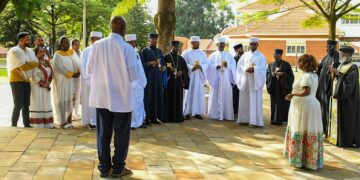

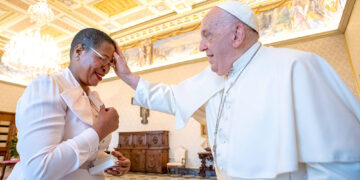
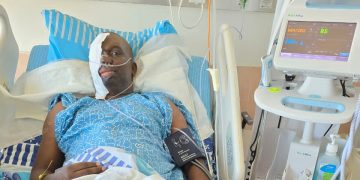
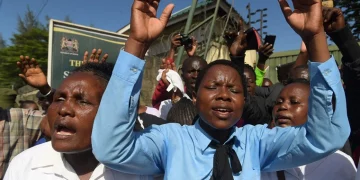





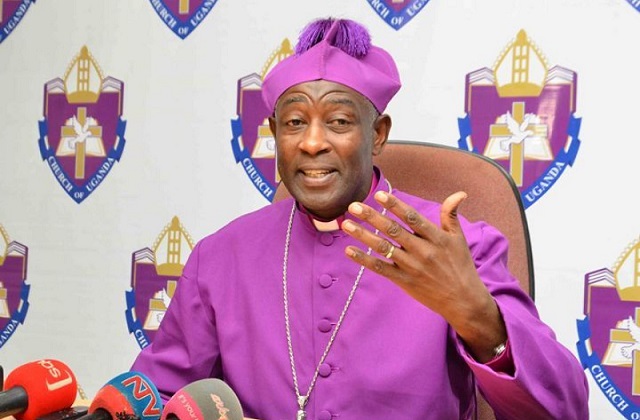



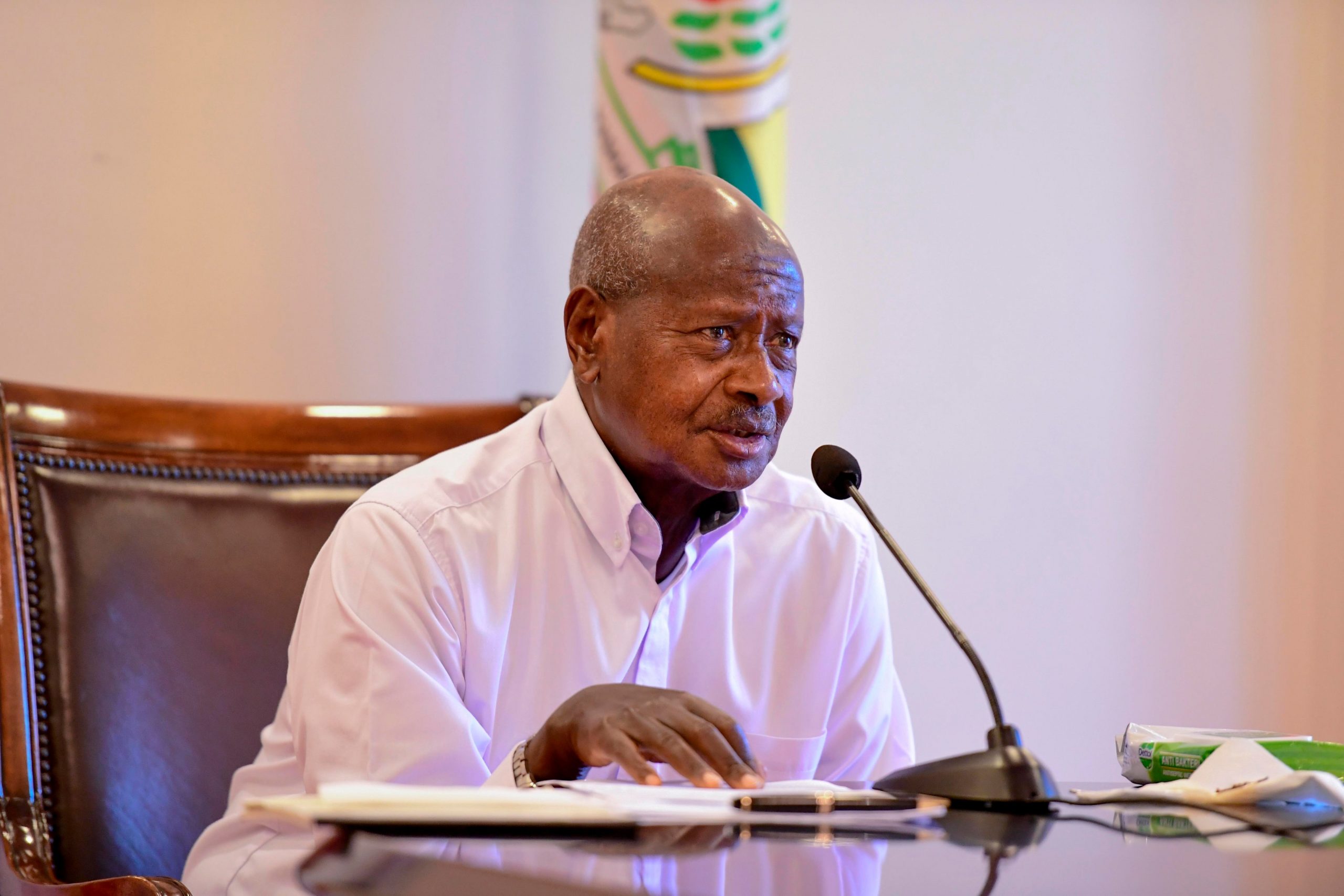



















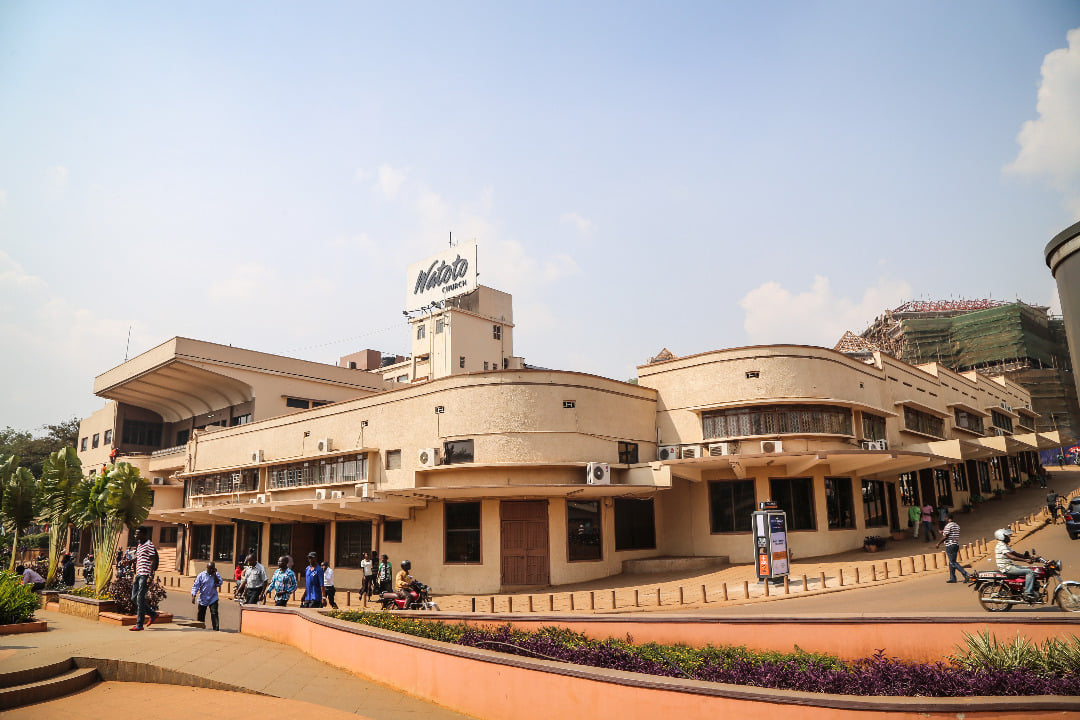






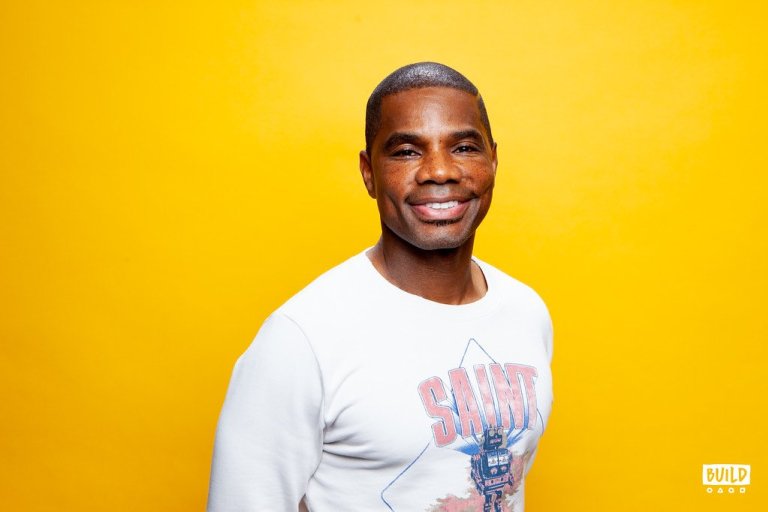
Discussion about this post